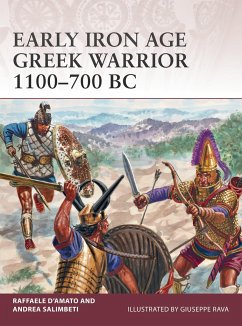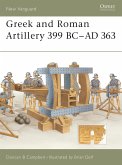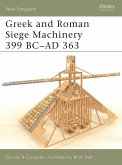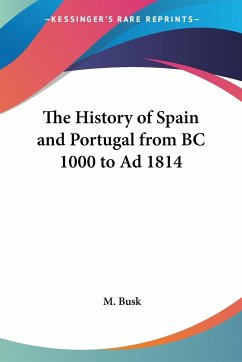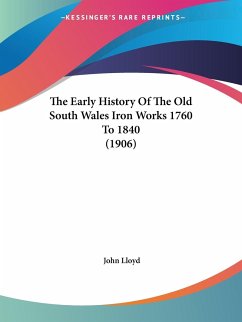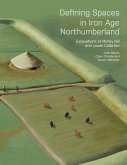The period from the 12th century onward saw vast changes in every aspect of life on both the Greek mainland and islands, as monarchies disappeared to be replaced by aristocratic rule and finally by the development of a new form of community: the city-state. Alongside these changes, a new style of warfare developed, which was to be the determining factor in land warfare in Greece, until the 338 BC defeat of the Greek city-state, by the might of Macedonia at Chaeronea. This mode of warfare was based on a group of heavily armed infantrymen organized in a phalanx formation--the classic hoplite formation--and remained the system throughout the classical Greek period. This new title details this pivotal time, and the transition from the Bronze Age warriors of Homer to the origins of the men who fought the Persian and Peloponnesian Wars.
Hinweis: Dieser Artikel kann nur an eine deutsche Lieferadresse ausgeliefert werden.
Hinweis: Dieser Artikel kann nur an eine deutsche Lieferadresse ausgeliefert werden.

